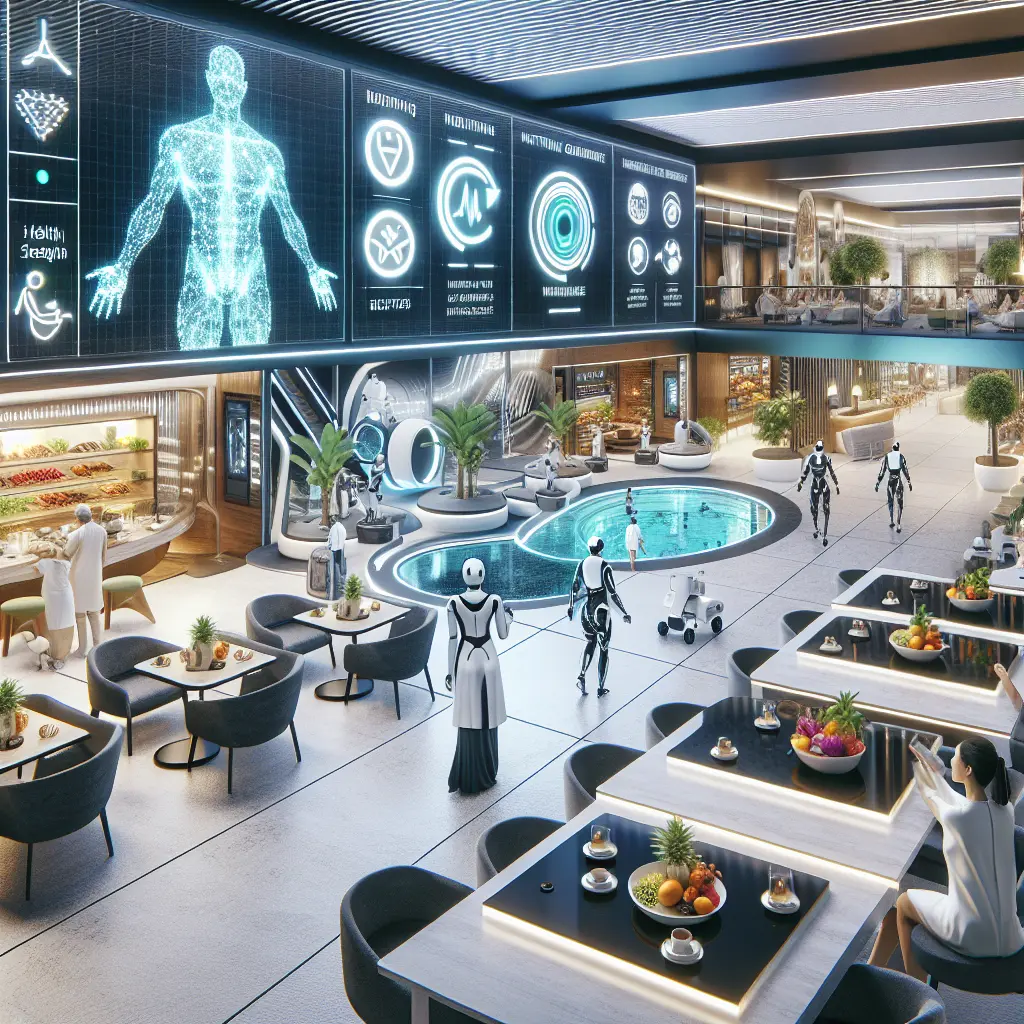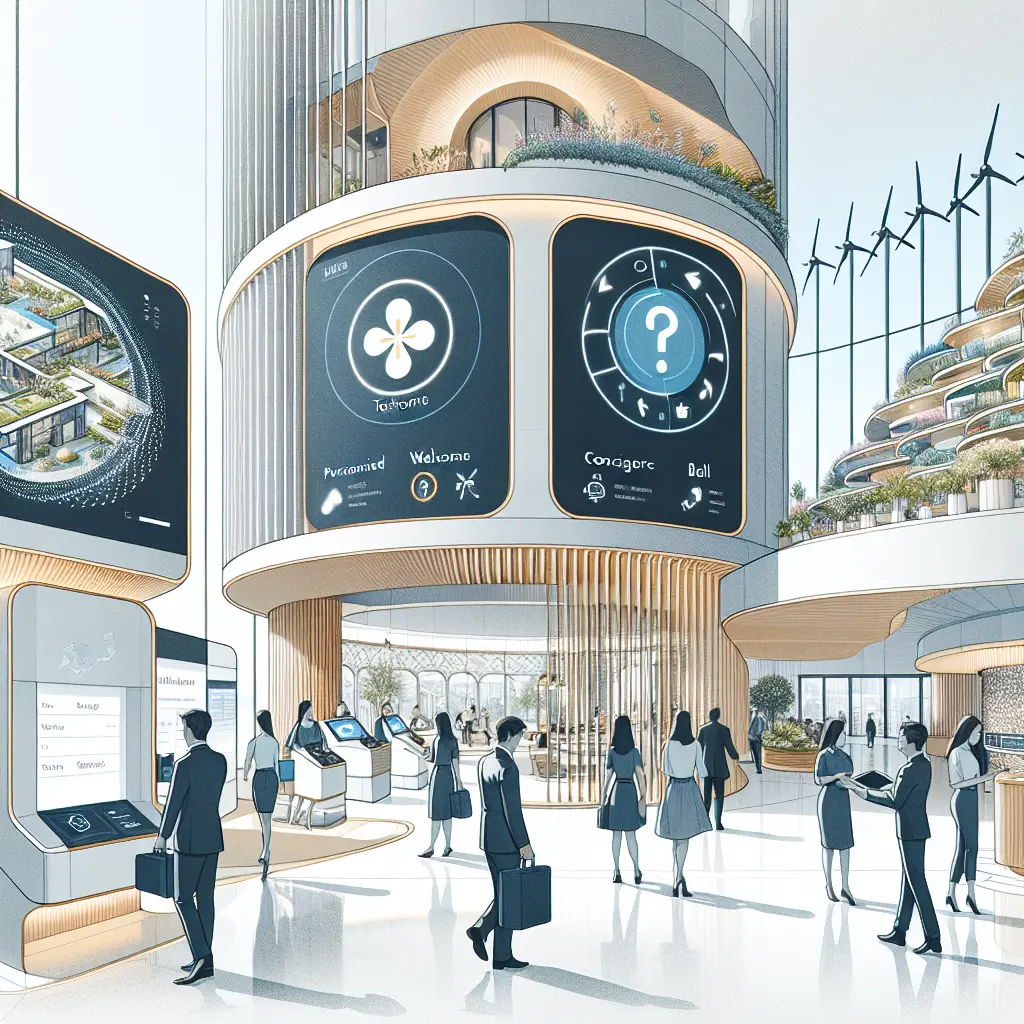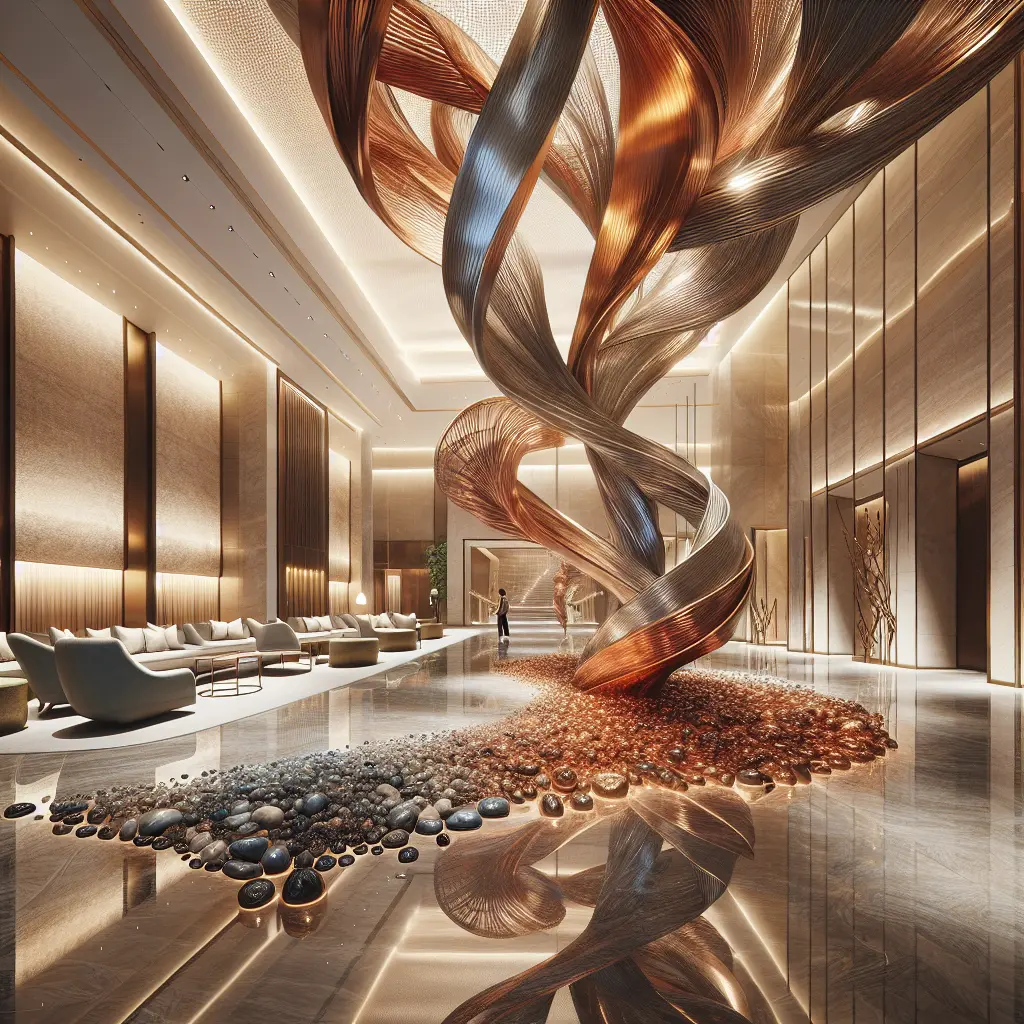In today's fast-paced world, where the boundaries of well-being are ever-expanding, the hospitality industry is uniquely positioned to redefine the traveler experience. With wellness tourism trends on the rise, hotels are evolving beyond mere places of accommodation to become sanctuaries of holistic wellness hotel offerings. This shift is driven by a confluence of factors, including technological advancements, a focus on sustainability, and an increasing demand for personalized wellness experiences in hotels. Let's explore how these elements are shaping the future of wellness amenities in hotels.
The demand for innovative hotel wellness features is reshaping the luxury hotel landscape. For instance, smart wellness technology in hotels is empowering guests to personalize their stay through tech-driven solutions. Imagine controlling your room's lighting, temperature, and even aromatherapy settings through a smartphone app. Such features not only enhance comfort but also cater to the nuanced needs of today's travelers.
Recently, Airbnb hinted at incorporating luxury services such as massages and personal chefs for its guests, challenging traditional hotels to elevate their wellness offerings source: Business Insider. This competitive spirit propels hotels to continuously innovate and integrate tech-driven wellness features, ensuring they remain at the forefront of hospitality.
In alignment with broader wellness tourism trends, sustainable wellness amenities in hotels are gaining traction. Today's eco-conscious travelers expect hotels to incorporate eco-friendly hotel wellness amenities that minimize environmental impact. From using sustainable materials in spa facilities to offering organic and locally sourced dining options, hotels are redefining what it means to be both luxurious and sustainable.
Disneyland's recent contract ratification, which included improved sick leave policies, underscores a commitment to well-being not just for guests but for employees as well source: Los Angeles Times. This reflects a growing awareness that sustainable practices must extend beyond environmental concerns to encompass social and employee well-being.
The Evolution of Hotel Spa and Wellness Futures
Future hotel spa innovations promise an immersive experience that blends ancient healing practices with cutting-edge science. As seen in luxury resorts like The Phoenician in Scottsdale, which boasts multiple pools and a luxury golf course source: Business Insider, there is a significant emphasis on creating spaces that foster relaxation and rejuvenation.
These amenities cater to the evolving expectations of guests who seek transformative experiences rather than just traditional spa services. For example, integrating mindfulness sessions, yoga retreats, and personalized nutrition plans can significantly enhance the guest-centric wellness amenities offered by hotels.
Personalized wellness experiences in hotels are becoming a cornerstone of hospitality innovation. By leveraging data analytics and guest feedback, hotels can tailor services to meet individual preferences. This approach not only enhances guest satisfaction but also fosters loyalty in an increasingly competitive market.
Consider the case of transit hotels, which offer weary travelers a comfortable place to rest during long layovers source: Insider. Such personalized offerings underscore the importance of understanding and catering to diverse guest needs, ultimately enhancing the overall travel experience.
Addressing Global Challenges with Innovative Solutions
The hospitality industry must also navigate broader societal challenges while advancing its wellness initiatives. For example, misinformation and unrest have impacted cities like those in the U.K., where racial tensions have led to violence against migrants in hotels source: BBC News. In response, hotels are not only focusing on guest well-being but also ensuring safe and inclusive environments for all.
Moreover, global events such as wildfires in Canada have highlighted the need for resilience and adaptability in hospitality operations source: CBC News. Hotels are increasingly adopting strategies that prioritize safety and well-being amidst environmental challenges.
As we look ahead, the integration of luxury wellness hotel amenities with sustainable practices and cutting-edge technology will continue to transform the hospitality landscape. Whether it's through the adoption of eco-friendly designs or the incorporation of smart wellness technology in hotels, the focus remains on creating unparalleled guest experiences.
Ultimately, the future of wellness amenities in hotels lies in their ability to adapt and innovate. By embracing holistic wellness hotel offerings that cater to both personal and environmental well-being, hotels can position themselves as leaders in the burgeoning field of wellness tourism. As we continue to explore these transformative trends, it's clear that the future holds exciting possibilities for both travelers and the hospitality industry alike.
We invite you to share your thoughts and experiences on how wellness amenities have shaped your travel journeys. How do you see these trends influencing your future stays? Let's continue the conversation and explore how the hospitality industry can further enhance our well-being in travel.







Leave a Comment